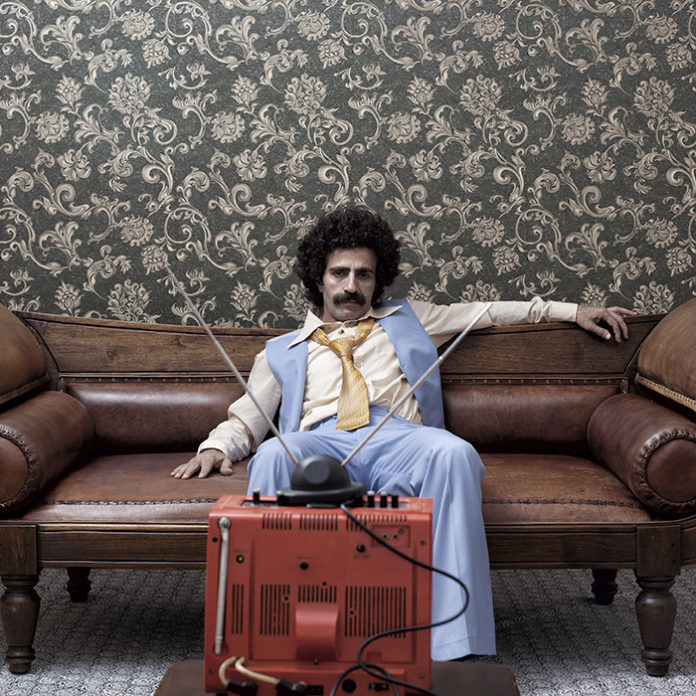
According to an Australian study of National Health, every hour you spend watching TV after the age of 25 reduces your life expectancy by almost twenty two minutes.This statistic is not going to faze anyone, obviously, because in this era of DVDs and internet streaming, binge watching an entire twenty-two episode series is steeped so deep in our culture that it is practically a national pastime.
So, while we might be powerless against the spell of TV show marathons, we can at least adopt these three simple healthier practices the next time we settle in for a weekend of binge watching our favorite shows:
1. Sit in a chair with a pillow behind your lower back
Our lungs’ capacity shrinks by a third when we sit down. This means that we get less oxygen which leads to a decrease in our mental focus. A pillow placed behind the lower back helps to open up the lungs.
2. Limit TV time to three hours after work
TV is a passive and easy form of entertainment, which is why it’s so easy to spend hours in front of it without noticing. But researchers at Bringham and Women’s hospital say that the ‘blue light’ emitted by TV prevents the release of melatonin, a hormone that helps to send one to sleep after four hours. As a result, falling asleep becomes a chore leading to less REM sleep and grogginess the following day.
Therefore, it is important to limit TV time to three hours after work. Day time binge sessions don’t affect one’s sleep cycle, however.
3. Get up every thirty minutes during a TV marathon
Binge watching TV means staying in a sedentary position for hours, which increases the risk of deep vein thrombosis and formation of deadly blood clots. Getting up every thirty minutes to walk around or pump the calves goes a long way in keeping the blood flowing.
Content courtesy of africanwomanmagazine.net
